Sepp Blatter Resignation: Who Are The Candidates To Become New FIFA President?

Sepp Blatter stunned the soccer world on Tuesday by announcing that he was resigning as FIFA president just four days after winning re-election for a fifth term and six days on from a corruption scandal that engulfed the organization. Still, the 79-year-old Swiss will not be departing immediately, with his replacement to be decided at an extraordinary congress, not held until sometime between December 2015 and March 2016.
That means there is set to be several months of speculation over who will take the top job in soccer, which has been held by Blatter for the past 17 years. Any candidate will be keen to show that they are equipped to clean up an organization which saw nine current or former officials indicted by United States authorities on charges of racketeering, conspiracy and corruption.
But at the heart of the election will be the battle between the financial powerhouse of Europe, governed by UEFA, and Africa and Asia, which has staunchly supported Blatter and his predecessor João Havelange, for the past 41 years. Havelange replaced Englishman Stanley Rous who has reigned over an organization centered around the traditional soccer forces in Europe and South America. With a majority of the 209 voting associations needed to be re-elected and Africa and Asia holding 103 votes, any winner will almost certainly have to win some support in those regions.
Here are some possible candidates.
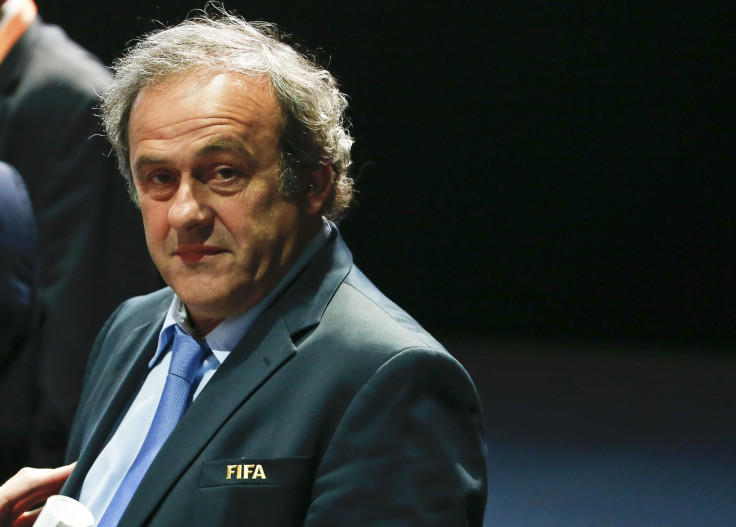
Michel Platini
The current UEFA president is a likely front-runner to replace Blatter. The 59-year-old, who has the cache of being one the sport’s great players on the pitch, helped Blatter to get elected in 1998 and was seen as the man being groomed as his replacement. However, the Frenchman turned against Blatter following the Swiss’ decision to run for a fifth term -- something he had previously insisted he would not do. Platini opted against running himself this time, instead throwing his support behind Blatter’s sole challenger Prince Ali Bin al-Hussein. But having said he wouldn’t stand while Blatter was still in power, will he decide this is his time?
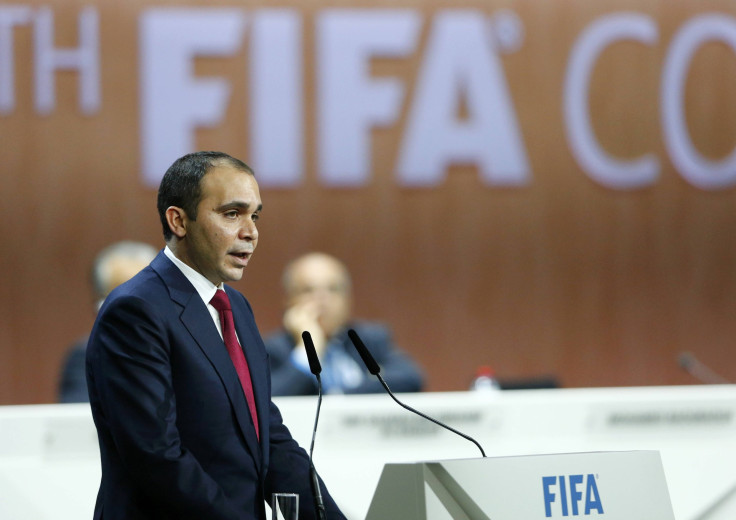
Prince Ali Bin al-Hussein
Prince Ali of Jordan only won 77 votes in last week’s election, and failed to gain the support of his own Asian federation. But he did garner growing momentum following the corruption scandal, gaining more votes than had previously appeared likely. Aged 39, he was, until steeping down ahead of the election, the youngest of FIFA’s vice-presidents and faced doubts from some over his experience going up against FIFA. But he now appears to fancy his chances for the vacant seat, telling CNN: “I am always there to serve football and I think that is the most important thing. After this, I think we have to do so much work to fix this organization in a proper way.”
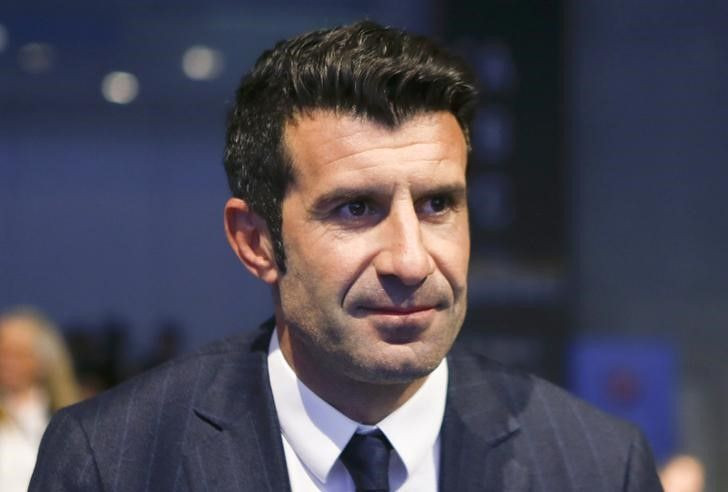
Luis Figo
The 42-year-old former Portuguese soccer great was in the running for FIFA president before withdrawing a week before, stating that “This process is a plebiscite for the delivery of absolute power to one man -- something I refuse to go along with.” With Blatter now gone and hope for change in the air, he could well run again. However, with little experience in soccer governance, it remains to be seen how much support he will be able to win.
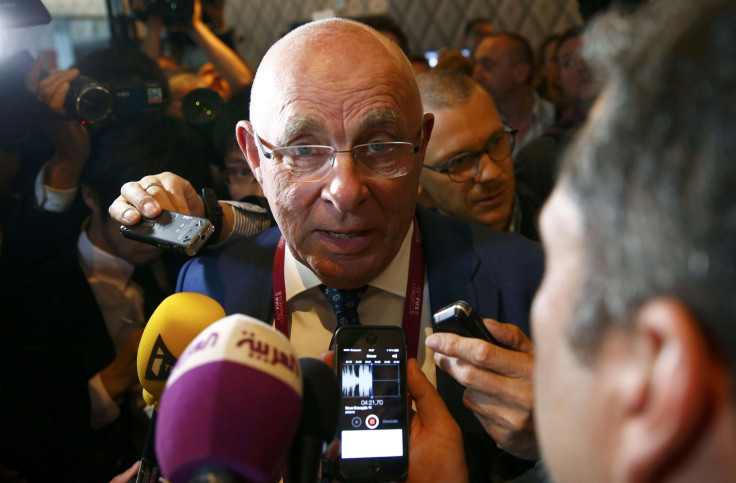
Michael van Praag
The president of the Dutch Football Association, like Figo, ran for president and then withdrew days before the election. Van Praag, 67, is a UEFA executive committee member and was one of Blatter’s most vocal critics ahead of the 2014 World Cup, citing the damage to the reputation of FIFA that Blatter had presided over.
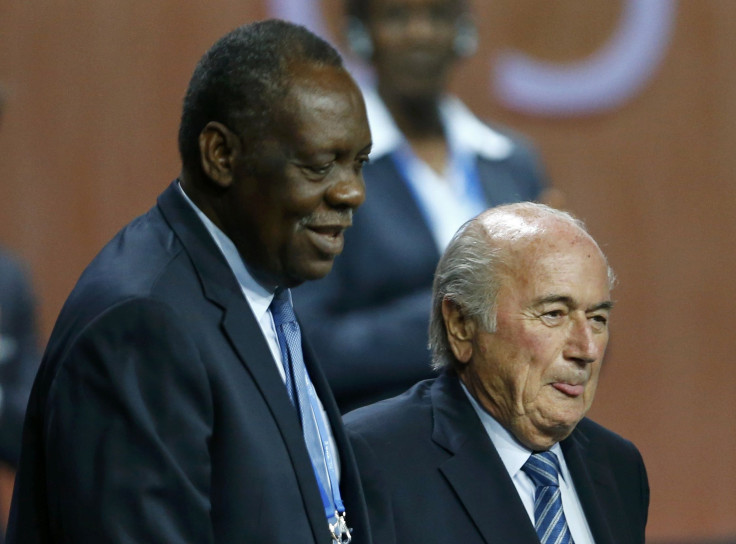
Issa Hayatou
Having been re-elected unopposed in 2013 for a seventh term as the president of the African confederation, Hayatou would already have the benefit of a large block of support were he decide to put his name forward. The 68-year-old FIFA vice-president has experience of running for the top job in world soccer after going up against Blatter and losing in the 2002 election.
Sheikh Ahmed al-Fahad al-Sabah
A member of the Kuwaiti royal family, Al Sabbah was a hugely influential figure within FIFA, even before taking up a place on the executive committee last Friday. An ally of Blatter, the 51-year-old is a key power broker in Asia and also heads the Association of National Olympic Committees, from where he was thought to have played in a major and controversial role in helping Thomas Bach become president of the International Olympic Committee in 2013.
Jerome Champagne
A former FIFA deputy general secretary under Blatter, the Frenchman was the first to announce his candidacy against Blatter for this most recent election. But he had to pull out in February after failing to gain the five nominations required, for which he blamed the refusal of associations to go against the UEFA-supported candidates. Speaking to the BBC following Blatter’s announcement, he declined to rule out running again.
Ted Howard
Perhaps an unlikely candidate, the American is the acting general secretary of Concacaf, having taken the post following the suspension of Enrique Sanz due to the investigation from U.S. authorities and FIFA’s own ethics committee. Howard also took the post on a temporary basis when former general secretary Chuck Blazer was forced to step down in 2013. Blazer has pleaded guilty to corruption charges and turned informant for the FBI.
© Copyright IBTimes 2024. All rights reserved.





















